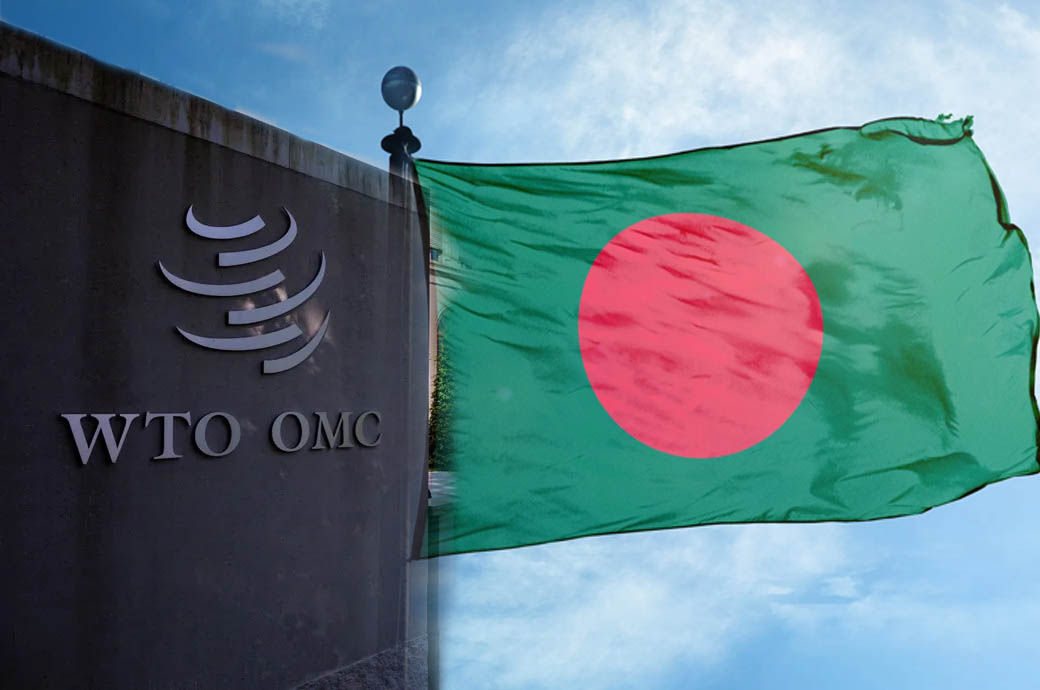
This extension ensures that Bangladesh will receive LDC-specific technical assistance and capacity-building for a three-year period after the UN General Assembly’s decision to graduate from the LDC category becomes effective.
The decision was reached after intense negotiations spanning over five days during the 13th WTO Ministerial Conference from February 26 to March 1.
Bangladesh, which joined the LDC group in 1975 and is set to leave it in November 2026, faced uncertainty regarding potential trade losses amounting to $7 billion annually post-graduation due to the erosion of the preferential trade facilities.
However, this uncertainty has now been alleviated until 2029.
The extension was sought by the LDC group, chaired by Djibouti, in 2020 amid the severe economic repercussions of the COVID-19 pandemic. The subsequent outbreak of the Russia-Ukraine war further compounded the challenges faced by the LDCs and the low-income countries, bolstering the justification for the extension.
Although the decision to extend trade benefits to graduated LDCs was made at the 12th Ministerial Conference in Geneva in June 2022, the timeframe was not specified until the recent Ministerial Conference in Abu Dhabi.
Mustafizur Rahman, a distinguished fellow of the Centre for Policy Dialogue (CPD) in Bangladesh, highlighted the opportunity for Bangladesh to negotiate trade benefits with the key partners such as the European Union, China, India, the UK, and South Korea.
However, Bangladesh will not benefit from trade preferences in the US, as it lacks a preferential duty programme for LDCs.
Bangladesh’s international trade, primarily reliant on duty benefits under the LDC category, has propelled it to become the second-largest apparel supplier globally after China even if currently, 73 per cent of the country's shipments enjoy LDC-linked market access, making it the highest beneficiary among the 45 LDCs.
Regarding the Trade-Related Aspects of Intellectual Property Rights (TRIPs), no decision was made at the summit, implying that Bangladesh will not be eligible for patent waivers in pharmaceutical production post-transition.
While the EU typically grants a three-year grace period to graduating LDCs, Bangladesh is already guaranteed trade benefits until 2029.
The European Commission acknowledged the WTO’s efforts to improve the implementation of special and differential treatment for developing countries in key areas of market access standards.
However, consensus was not reached on key issues such as fisheries subsidies and public stockholding of food during the Ministerial Conference in Abu Dhabi.
Fibre2Fashion News Desk (DR)